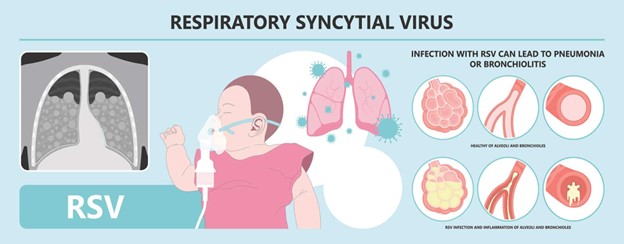A nurse is collecting data from a client who is 2 days postpartum. The client tells the nurse she cannot afford to pay for baby formula. The nurse should refer the client to which of the following members of the interprofessional team?
Case manager
Nutritionist
Primary care provider
Pediatric nurse practitioner
The Correct Answer is A
A case manager is a member of the interprofessional team who specializes in coordinating and facilitating access to healthcare services and resources for individuals and families. They can assist the client in identifying and accessing financial assistance programs or resources that can help with the cost of baby formula.
Case managers have knowledge of community resources and can provide guidance and support in navigating the system to meet the client's needs. While a nutritionist may provide guidance on infant nutrition, they may not have direct access to financial assistance programs or resources. The primary care provider and pediatric nurse practitioner may be involved in the client's care but may not have the specific expertise in addressing financial concerns.
Therefore, referring the client to a case manager is the most appropriate action in this situation.
Nursing Test Bank
Naxlex Comprehensive Predictor Exams
Related Questions
Correct Answer is A
Explanation
RSV is primarily transmitted through respiratory droplets when an infected person coughs or sneezes. To prevent the spread of RSV, it is important to implement droplet precautions. These precautions include wearing a mask and ensuring proper hand hygiene when in contact with the preschooler.
This helps minimize the risk of transmitting the virus to other individuals. Requesting an x-ray of the preschooler's neck is not indicated for RSV. RSV primarily affects the respiratory system, and an x-ray of the neck would not provide relevant information for the diagnosis or management of RSV.
Monitoring the preschooler's urine for protein is not specifically related to RSV. Proteinuria is not a typical manifestation or complication of RSV. Monitoring urine for protein is more relevant in conditions such as kidney disease or urinary tract infections.
Administering fluconazole to the preschooler is not indicated for RSV. Fluconazole is an antifungal medication used to treat fungal infections, and it would not be effective against a viral infection like RSV.

Correct Answer is C
Explanation
Correct answer: C
A.Opening the dampers of fireplaces: This instruction is not appropriate during an outdoor chemical disaster. Opening the dampers of fireplaces can allow contaminated air from outside to enter the home, increasing the exposure to hazardous substances. It is best to avoid introducing outdoor air into the home during such incidents.
B. Turning on ceiling fans and air conditioners: This instruction is also not recommended during an outdoor chemical disaster. Turning on fans and air conditioners can potentially circulate contaminated air within the home, leading to increased exposure. It is best to turn off fans and air conditioners during such incidents and focus on evacuating the area.
C. Covering heat registers with plastic and tape: Covering heat registers with plastic and tape would help seal off potential entry points for contaminated air, reducing the risk of indoor contamination.
D.In the case of a nearby outdoor chemical disaster, it is usually safer to stay indoors and seal the home rather than exit, as going outside could increase exposure to the harmful chemicals.
Whether you are a student looking to ace your exams or a practicing nurse seeking to enhance your expertise , our nursing education contents will empower you with the confidence and competence to make a difference in the lives of patients and become a respected leader in the healthcare field.
Visit Naxlex, invest in your future and unlock endless possibilities with our unparalleled nursing education contents today
Report Wrong Answer on the Current Question
Do you disagree with the answer? If yes, what is your expected answer? Explain.
Kindly be descriptive with the issue you are facing.
